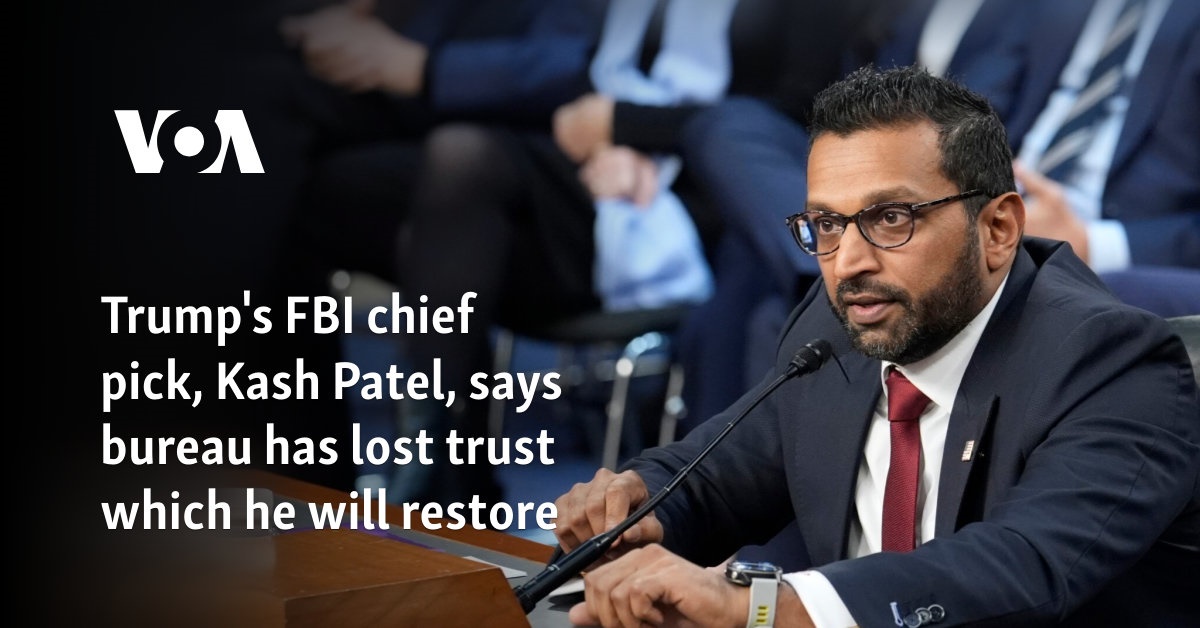According to reports, in Russia all they talk about is “Putin’s plan to defeat the dollar.”
One of the pillars of the so-called collapse of the dollar is expected to be the BRICS payment system.
Dmitri Medvedev, the vice-chairman of Russia’s Security Council, laid out a challenging view on his country’s foreign policy, stating that the government of that nation must strive to weaken the West until the collapse of the United States or, at least, establish a counterweight similar to that which existed during the Soviet Union era.
It should be remembered that the era of the Soviet Union, which spanned from 1922 to 1991, was marked by a series of political, economic and social events that had a profound impact, both internally in the Soviet countries and in international dynamics. .
After World War II in 1945, the Soviet Union emerged as one of the two world superpowers, in direct competition with the United States. The world divided into blocs, leading to a series of proxy conflicts, such as in Korea and Vietnam, and the nuclear arms race.
So Medvedev, who was president of Russia from 2008 to 2012, now believes that history will repeat itself and a new bloc of countries will be created that will emerge as a superpower. This makes it clear that the block of countries that now make up The BRICS alliance will play a new role in global geopolitical dynamics. The organization that was born in 2006 with Brazil, Russia, China and India, integrated South Africa in 2011 and at the beginning of this year included four other members: Egypt, Iran, United Arab Emirates and Ethiopia.
Now the group is studying the entry of 15 countries as partners. Among them, Saudi Arabia stands out, which could result in a more solid and diversified alliance, with greater capacity to influence the global economy and political and energy issues, benefiting all its member countries.
In any case, Medvedev emphasizes that Russia’s true strategy towards Western nations should not consist of forging alliances, but rather foster disunity and separation with the Western world.

“Only then will Western representatives stop being hostile to Moscow,” Medvedev noted, claiming that this resentment stemmed from helplessness rather than genuine convictions. In his analysis, the politician highlighted that, despite historical changes, Russia’s goals have remained unchanged: “it seeks the weakening and humiliation of the West.”
Medvedev also underlined the relevance of the United States in this context, suggesting that its global hegemony contributes to Russia’s cause. «The only viable plan is to consider the fall of the United States or, at least, the creation of a counterweight to its power,” he pointed out, referring to contemporary organizations such as the Shanghai Cooperation Organization (SCO) and BRICS.
Medvedev’s statement responds to the economic sanctions imposed on Russia by the United States and Europe. This, with the aim of stopping the war in Ukraine and putting pressure on financial institutions that maintain relations with the Russian government.
Meanwhile, in the United States, academics they analyze the war in Russia against Ukraine highlighting the idea that the United States should ensure financial support for Ukraine by confiscating Russian assets. They believe it is important to establish a moral and legal precedent, pointing out that aggressor nations must compensate for the damage caused.
They point out that sanctions, such as the confiscation of Russian assets, seek to “protect” aid to Ukraine from possible political changes in the United States, especially given the possibility that Donald Trump will be elected in 2024.
Additionally, these American analysts see that the confiscation of Russian assets could undermine the international legal system, generate retaliation from Russia that amplifies conflicts and complicate future peace negotiations. They believe that using these assets as leverage in negotiations could eliminate Russia’s motivation to reach future agreements, complicating the search for diplomatic solutions.
Dedollarization, Russia’s weapon to collapse the United States?
Medvedev’s statement is shared today by the news agency TASS state news the same day that the BRICS Summit begins, which promises to be momentous due to the wide range of topics that will be discussed, such as economic development, internal cooperation and fundamental issues related to the possible emergence of a new world order , in which dedollarization plays an important role.
Also at the summit taking place in Russia, it will be discussed the development of mutual payment mechanisms between the BRICSwhich is quite important. This is a payment system that some analysts consider “the last nail in the coffin of the dollar.”

A recent publication of medium English The Economist mention the dedollarization promoted by Russia together with China. It is mainly due to the centrality of the dollar providing what Henry Farrell and Abraham Newman, two academics, call “panopticon” and “choke point” effects.
According to economists, since almost all banks that carry out transactions in dollars have to do so through a correspondent bank in the United States, it can monitor flows for signs of terrorist financing and sanctions evasion. That provides American leaders with a huge lever of power, which they have been eager to use as an alternative to going to war.
In that sense, the domination of the US financial system, which is based on the strength of the dollar and its global acceptance, has led many countries to rethink their dependence on it. So now Putin intends to take advantage of this dissatisfaction by promote alternatives through the BRICS, which has already discussed the creation of a credit rating agency or options similar to the International Monetary Fund and the World Bank.
After all, the BRICS may end up moving important transactions out of the reach of the United States. In that sense, a new Bretton Woods may emerge, as the president of Russia himself, Vladimir Putin, has suggested.






Leave a Reply